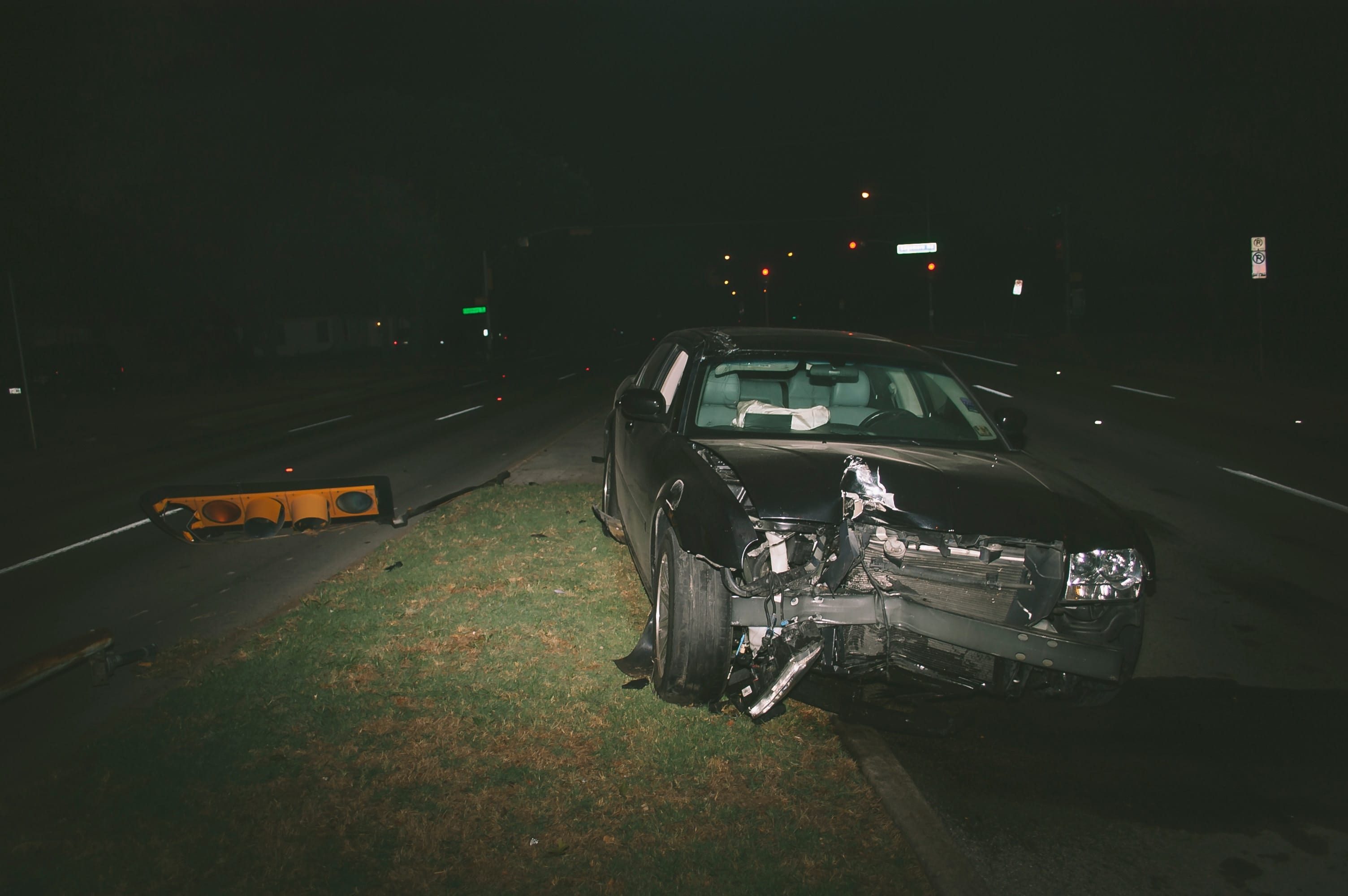We recommend you always call your insurance company to check your insurance coverage before you embark on your road trip.
Imagine you are taking an out-of-state road trip with a couple of buddies.
You had planned the road trip for a couple of months and now you were all embarking on this escapade. Everything is set for the next two weeks of the road trip. After the first couple of days of driving, you are out of your home state and exploring new territory.
Then one day, as you are driving your car, your eyes glance into the rearview mirror to see a car speeding directly behind you on the freeway. You think for a second that the car needs to slow down otherwise it will hit your car. Your hands start to sweat after you realize the car is not slowing down…
In a last-ditch effort to escape the collision, you turn your steering wheel and veer off to the right lane. But then…
***BOOM***
The car collides into your car’s rear. All the seatbelts tighten and everybody in the car jolts forward. You check to see if everybody in the car is okay and then step out from your car, livid. You have never been in a car accident before. Let alone a car accident outside of your home state. You are confused about what to do.
What to Do After An Out-of-State Car Accident
Car accidents can be really stressful. Especially out-of-state car accidents where you are unsure if your insurance covers you when you’re out of state, what to do if you’re injured in a car accident in another state, or the laws in the new state.
Let us help you clear the confusion by giving you steps to take right after an out-of-state road trip accident.
Do the Routine Car Accident Procedures
Just like you would in a car accident in your own state, make sure you do the routine car accident procedures. This means you would:
Call the Police

Contacting the police has many benefits after a car accident especially if emergency medical care is needed. If anyone is seriously injured, seek medical attention right away. When the police arrive, the police will also write an accident report and take statements on what happened that will be vastly useful in court. Make sure you write down the officer’s information, tell the officer your side of the story, and make sure all contact information from the event, including witness information, is written down.
Take Pictures
Recording all the evidence that would indicate whose fault the accident was is critical for supporting your story of how the events unfolded. Take pictures of the skid marks, damages to the car, where the cars are located, contact information, and anything else that would help a judge or insurance company determine fault. Also, check for video cameras in the proximity of the accident.
Exchange Information
Trading information after a car accident is imperative. This will allow you to contact the other party and record who was involved in the accident. Be sure to write down: driver’s license number, insurance policy number, license plate, phone number, address, email address, car make, car model, car year, and the insurance policy phone number.
Call Your Insurance Company
Check if your insurance policy covers every state in the United States. It is crucial to report any damages to your own insurance company from the get-go. Most insurance policies almost always extend to all U.S. states and nearby territories.
Call a Personal Injury Attorney
Contact a local car accident attorney to seek compensation for any injuries you may have sustained after an accident. We recommend you contact a lawyer as soon as you are able to after your accident, even if you do not feel you have sustained any injuries. Some injuries may cause you to feel pain a couple of days or even a week after the accident. You should file a suit in the state in which the other party involved in the accident lives. This is because each state has jurisdiction over all their residents and you will be subject to the statute of limitations, and the laws of the state in which the accident occurred.
Check If the State is a “No-Fault” Insurance System
After doing the routine car accident procedures, check to see if the state the accident occurred in is a “no-fault” insurance state. A “no-fault” insurance system means that the other driver’s insurance is not responsible for paying for the other party’s injuries after a car accident. This means one’s own insurance shall cover the injuries from an accident, regardless of fault.
Here is a list of “no-fault” insurance system states: Florida, Massachusetts, Kansas, New Jersey, Pennsylvania, Hawaii, Kentucky, New York, Utah, Michigan, North Dakota, and Minnesota.
A big reason why “no-fault” insurance systems exist is to promptly pay personal injury claims and lower litigation costs. It assists in the simple flow of car accident cases, especially smaller claims. However, if your injuries are considered to be plenty serious and your bills are high enough, you could potentially surpass the “no-fault” rules and file a personal injury claim.
Most of the time in a “no-fault” insurance state, you are required to give your insurance company a recorded statement and they may need you to participate in a medical examination. One’s own insurance company can have grounds to reject one’s injury claims if one fails to cooperate with the injury evaluation process. Insurances often require one to meet with a doctor or physician selected by the insurance company.
Here’s to Being Prepared!
Roadtripping cross-country through various states can be a fun and rewarding adventure. Albeit it can be an adventure, unpredictable accidents do happen. We recommend you always call your insurance company to check your insurance coverage before you embark on your road trip.
Following these instructions diligently can help you save a ton of money and stress in the future!


Join the conversation!